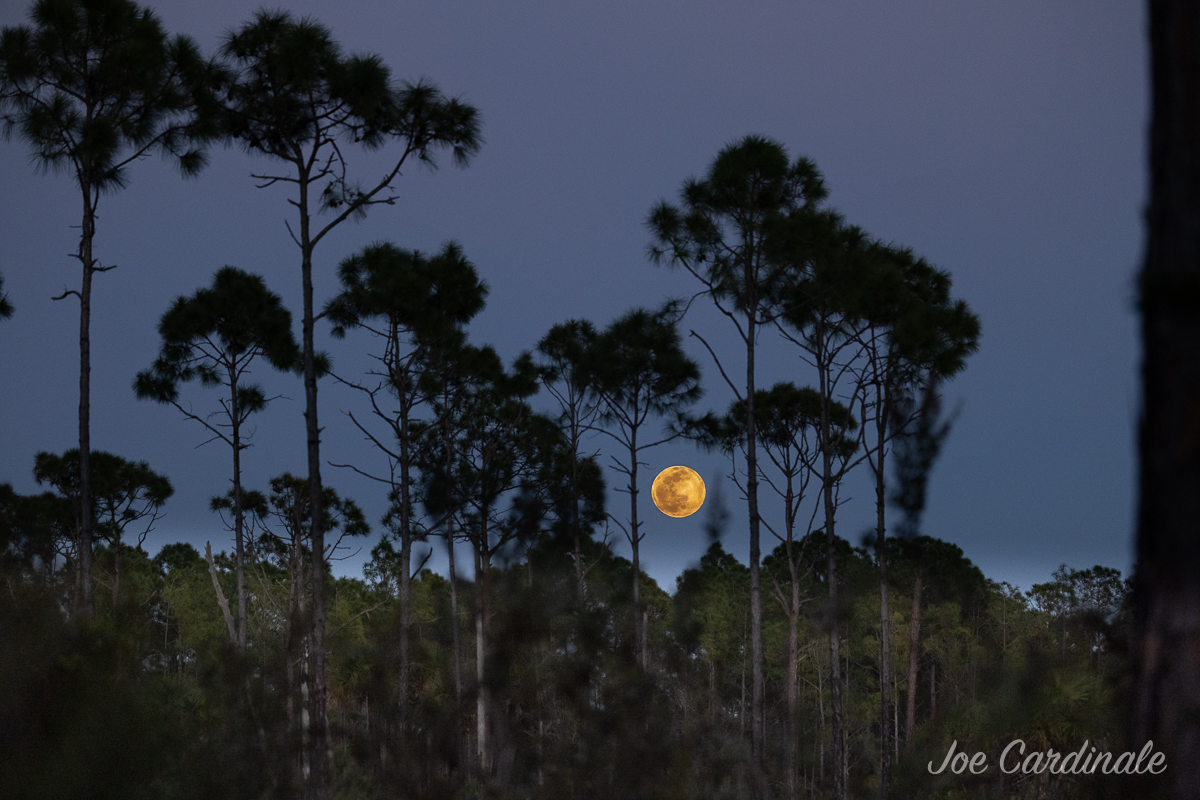We hope summer is treating you all well. It’s quiet time at CREW, while the rainy season sets in and the tourists are away, and it’s been a couple of months since our first Strolling Science Seminar series ended with a delightfully enlightening session on Pollinators led by FGCU professor, billY Gunnels. In that session billY told fascinating stories of plants and animals – both generalists and specialists – and their quest to achieve pollination, one of the most important biological processes on our planet. Aside from the obvious ecosystems that need pollinators, we humans also depend on pollinators for food, drink, fiber, and medicines.
 But worldwide there is “evidence that pollinating animals have suffered from loss of habitat, chemical misuse, introduced and invasive plant and animal species, diseases and parasites.” (http://www.pollinator.org/pollination.htm) Because one of the goals of the CREW Strolling Science Seminars is to inspire people to engage in some form of citizen science, we wanted to share this pollinator resource we’ve come across recently – the Pollinator Partnership. Their mission “is to promote the health of pollinators, critical to food and ecosystems, through conservation, education, and research.”
But worldwide there is “evidence that pollinating animals have suffered from loss of habitat, chemical misuse, introduced and invasive plant and animal species, diseases and parasites.” (http://www.pollinator.org/pollination.htm) Because one of the goals of the CREW Strolling Science Seminars is to inspire people to engage in some form of citizen science, we wanted to share this pollinator resource we’ve come across recently – the Pollinator Partnership. Their mission “is to promote the health of pollinators, critical to food and ecosystems, through conservation, education, and research.”
You can use their resources to learn how to plant a pollinator friendly garden, to get involved with pollinator monitoring, to use pollinator-promoting farm practices, to volunteer, and much more. Learn the natural history and current research on bees, hummingbirds, and other important pollinators. Of course, billY might have a different thing or two to say about honeybees! 🙂
There’s even a planting guide for the Outer Coastal Plain Mixed Province, which includes most of Florida. So check it out and help all the pollinators out there do their jobs. After all, our ecosystems and our food sources depend on them!

One Reply to “Pollinator Partnership”